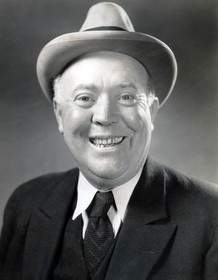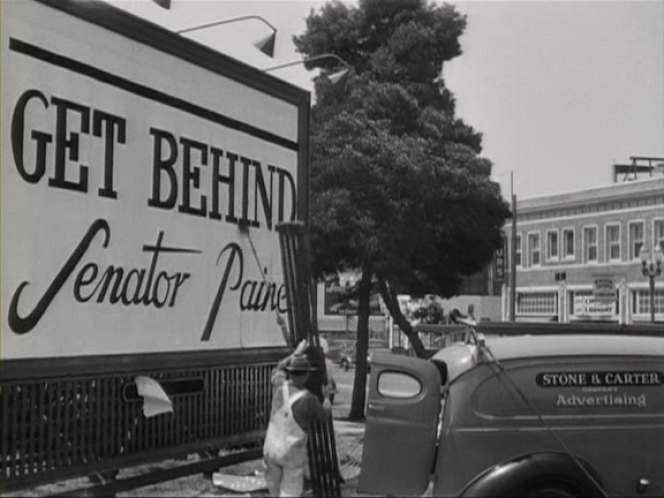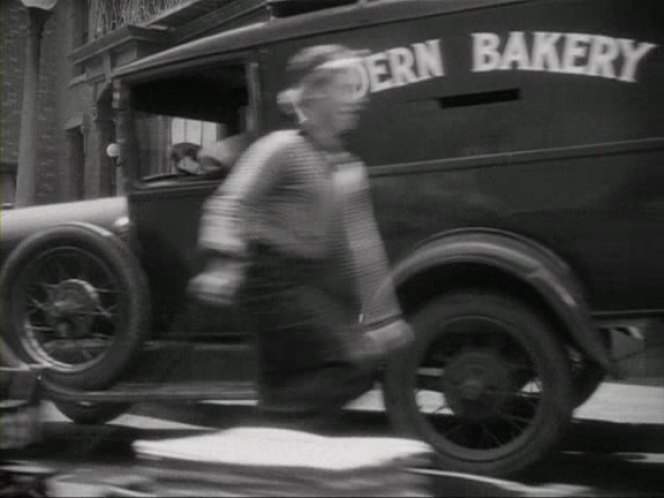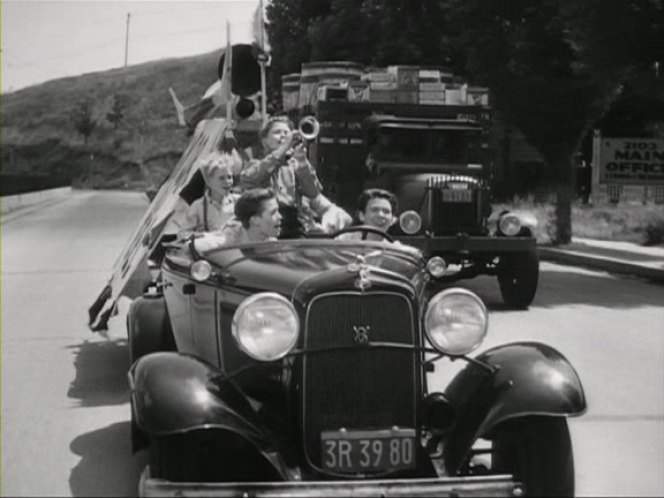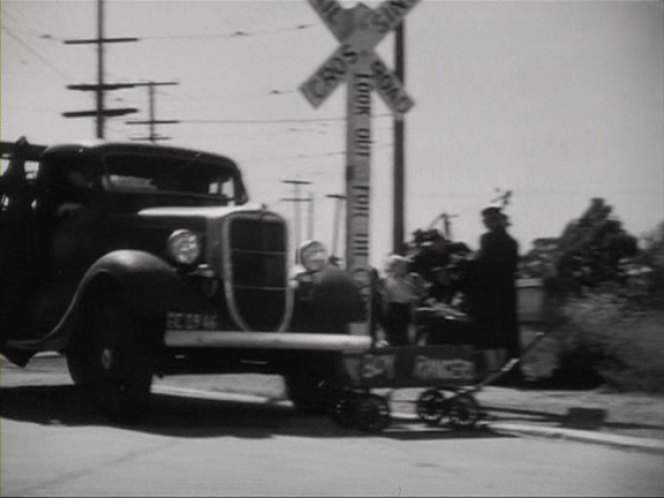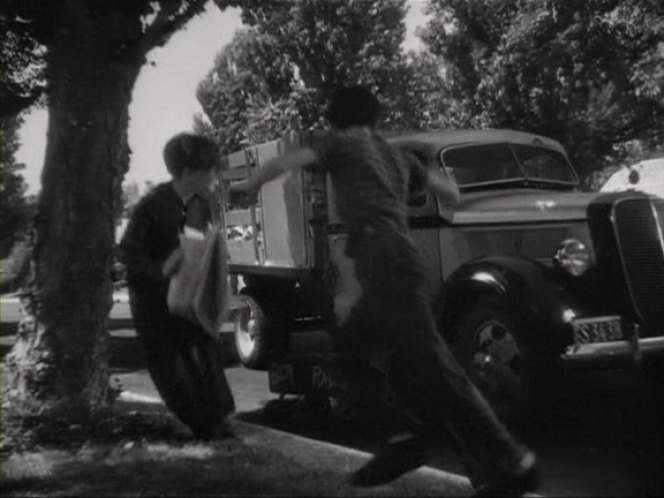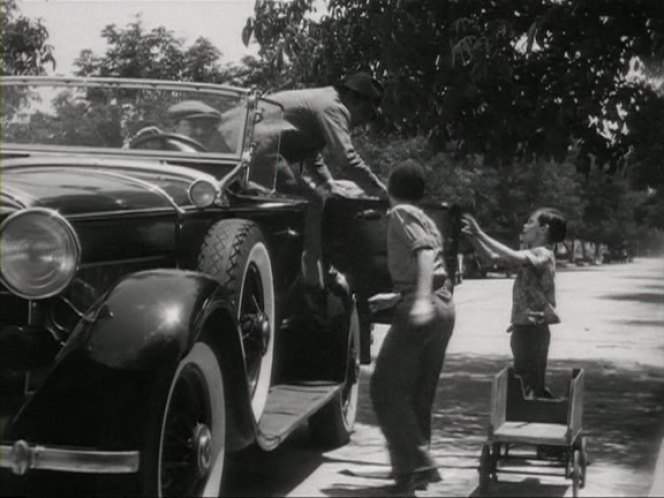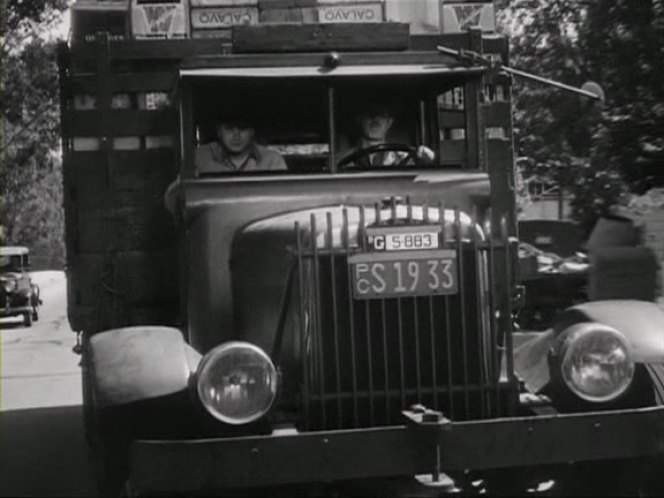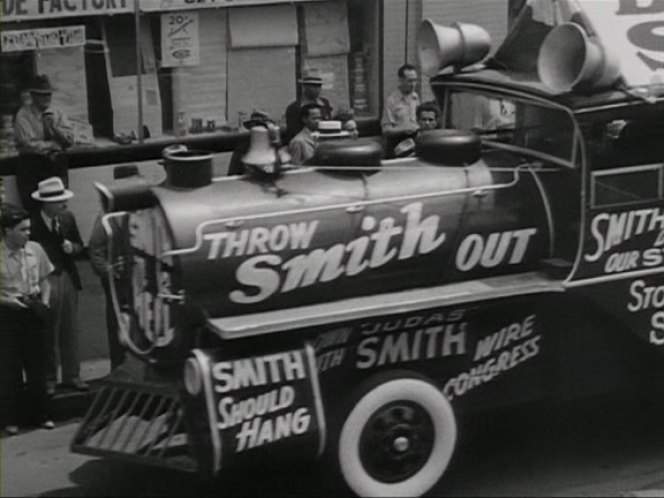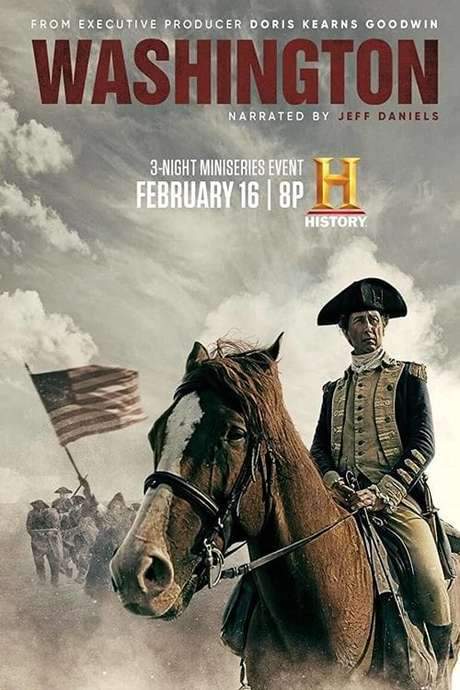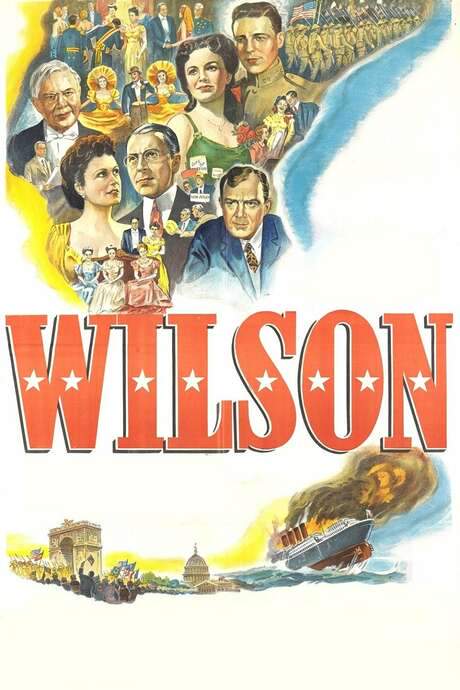Mr. Smith Goes to Washington 1939
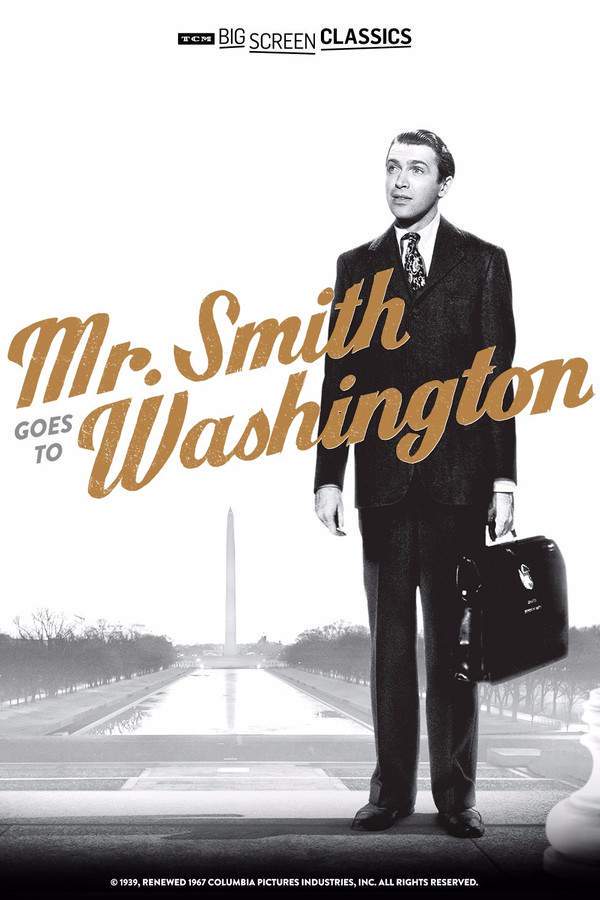
A sincere and idealistic young man is appointed as a U.S. Senator, unexpectedly finding himself in the midst of political intrigue. He quickly discovers that Washington is rife with corruption and faces challenges to his principles. Despite the pressure and manipulation from powerful figures, he remains committed to fighting for what he believes is right, ultimately striving to reform the system and uphold justice.
Does Mr. Smith Goes to Washington have end credit scenes?
No!
Mr. Smith Goes to Washington does not have end credit scenes. You can leave when the credits roll.
Meet the Full Cast and Actors of Mr. Smith Goes to Washington
Explore the complete cast of Mr. Smith Goes to Washington, including both lead and supporting actors. Learn who plays each character, discover their past roles and achievements, and find out what makes this ensemble cast stand out in the world of film and television.
External Links and Streaming Options
Discover where to watch Mr. Smith Goes to Washington online, including streaming platforms, rental options, and official sources. Compare reviews, ratings, and in-depth movie information across sites like IMDb, TMDb, Wikipedia or Rotten Tomatoes.
Ratings and Reviews for Mr. Smith Goes to Washington
See how Mr. Smith Goes to Washington is rated across major platforms like IMDb, Metacritic, and TMDb. Compare audience scores and critic reviews to understand where Mr. Smith Goes to Washington stands among top-rated movies in its genre.

73
Metascore
7.9
User Score

8.1 /10
IMDb Rating

79
%
User Score
Take the Ultimate Mr. Smith Goes to Washington Movie Quiz
Challenge your knowledge of Mr. Smith Goes to Washington with this fun and interactive movie quiz. Test yourself on key plot points, iconic characters, hidden details, and memorable moments to see how well you really know the film.
Mr. Smith Goes to Washington Quiz: Test your knowledge on the classic film Mr. Smith Goes to Washington.
Who is the corrupt political mentor of Governor Hubert Hopper?
Jim Taylor
Joseph Paine
Jefferson Smith
Sam Foley
Show hint
Awards & Nominations for Mr. Smith Goes to Washington
Discover all the awards and nominations received by Mr. Smith Goes to Washington, from Oscars to film festival honors. Learn how Mr. Smith Goes to Washington and its cast and crew have been recognized by critics and the industry alike.
The 12th Academy Awards 1940

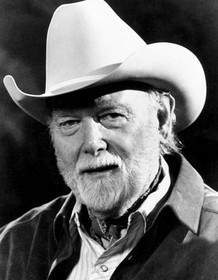
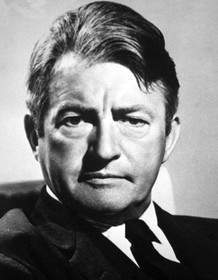
Art Direction
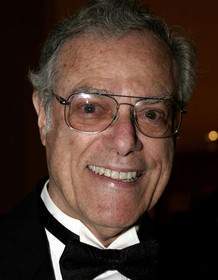
Film Editing
Music (Scoring)
Outstanding Production
Sound Recording
Writing (Original Story)
Writing (Screenplay)
Full Plot Summary and Ending Explained for Mr. Smith Goes to Washington
Read the complete plot summary of Mr. Smith Goes to Washington, including all major events, twists, and the full ending explained in detail. Explore key characters, themes, hidden meanings, and everything you need to understand the story from beginning to end.
In an unnamed western state, Governor Hubert “Happy” Hopper (Guy Kibbee) faces the daunting task of selecting a replacement for the recently deceased U.S. Senator Sam Foley. Under significant pressure from his corrupt political boss, Jim Taylor (Edward Arnold), who insists on choosing his own candidate, Hopper is also swayed by the popular demand for a reformer. His children suggest that he nominate Jefferson Smith (James Stewart), the dedicated head of the Boy Rangers. Caught between the two options, the governor resorts to flipping a coin and, when it finds an unlikely balance next to a newspaper article highlighting one of Smith’s achievements, he makes the unexpected choice, believing Smith’s clean reputation will win public approval while his naïveté will make him easily controllable.
Smith soon finds himself mentored by the seemingly honorable but actually corrupt Senator Joseph Paine (Claude Rains), a close friend of Smith’s late father. Additionally, he becomes infatuated with Paine’s daughter, Susan (not portrayed by an actor listed in the provided information). However, the Washington press quickly dismisses Smith as a simpleton unfit for senatorial responsibilities. In an effort to keep him occupied, Paine suggests that Smith introduce a new bill.
Smith proposes legislation to secure federal funding for a national boys’ camp in his home state, which he believes will be repaid by donations from youngsters across the nation. Initial support comes pouring in, but unbeknownst to him, the location for the camp is already entangled in a dubious public works project orchestrated by Taylor’s political machine, with Paine’s tacit approval.
Paine, torn between his loyalty to Smith and the demands of Taylor, ultimately sides with the political machine. When they falsely accuse Smith of attempting to profit from the land deal, Smith is left reeling from this betrayal and flees in distress. However, Clarissa Saunders (Jean Arthur), Smith’s loyal chief of staff, believes in his integrity and persuades him to mount a filibuster on the Senate floor in an attempt to prove his innocence before the vote for his expulsion.
As Smith delivers impassioned speeches that seem to resonate with his constituents, the overwhelming opposition, fueled by the Taylor machine, works tirelessly to undermine him. Smith’s pleas are systematically ignored by the media in his home state, thereby thwarting any support from the public. Even efforts by the Boy Rangers to promote his cause lead to brutal backlash from Taylor’s operatives.
Just when the odds appear insurmountable, attention begins to shift in Smith’s favor as he approaches his physical limits during the filibuster. Paine makes a desperate move by presenting a stack of letters and telegrams from Smith’s state demanding his ouster, leaving Smith utterly despondent. Yet in the midst of despair, he receives a glimmer of hope from a sympathetic smile from the President of the Senate, H.B. Warner (not portrayed by an actor listed in the provided information). Vowing to persevere until the truth prevails, Smith collapses from exhaustion.
Gripped by guilt over his actions, Paine attempts to take his own life but is thwarted. He subsequently bursts back into the Senate chamber, courageously confessing the nefarious plot against Smith and exonerating his innocence, turning the tide in this gripping tale of courage, corruption, and redemption.
Uncover the Details: Timeline, Characters, Themes, and Beyond!

Coming soon on iOS and Android
The Plot Explained Mobile App
From blockbusters to hidden gems — dive into movie stories anytime, anywhere. Save your favorites, discover plots faster, and never miss a twist again.
Sign up to be the first to know when we launch. Your email stays private — always.
Watch Trailers, Clips & Behind-the-Scenes for Mr. Smith Goes to Washington
Watch official trailers, exclusive clips, cast interviews, and behind-the-scenes footage from Mr. Smith Goes to Washington. Dive deeper into the making of the film, its standout moments, and key production insights.
Cars Featured in Mr. Smith Goes to Washington
Explore all cars featured in Mr. Smith Goes to Washington, including their makes, models, scenes they appear in, and their significance to the plot. A must-read for car enthusiasts and movie buffs alike.
Mr. Smith Goes to Washington Themes and Keywords
Discover the central themes, ideas, and keywords that define the movie’s story, tone, and message. Analyze the film’s deeper meanings, genre influences, and recurring concepts.

Unlock the World of Movies with Our Comprehensive Wiki
Dive into our Movie Wiki for in-depth film encyclopedia entries, including cast biographies, production trivia, plot synopses, behind-the-scenes facts, and thematic analyses. Whether you’re researching iconic directors, exploring genre histories, or discovering hidden easter eggs, our expertly curated movie database has everything you need to fuel your cinematic passion.

Similar Movies To Mr. Smith Goes to Washington You Should Know About
Browse a curated list of movies similar in genre, tone, characters, or story structure. Discover new titles like the one you're watching, perfect for fans of related plots, vibes, or cinematic styles.
Quick Links: Summary, Cast, Ratings, More

What's After the Movie?
Not sure whether to stay after the credits? Find out!
Explore Our Movie Platform
New Movie Releases (2025)
Famous Movie Actors
Top Film Production Studios
Movie Plot Summaries & Endings
Major Movie Awards & Winners
Best Concert Films & Music Documentaries
Movie Collections and Curated Lists
© 2025 What's After the Movie. All rights reserved.



